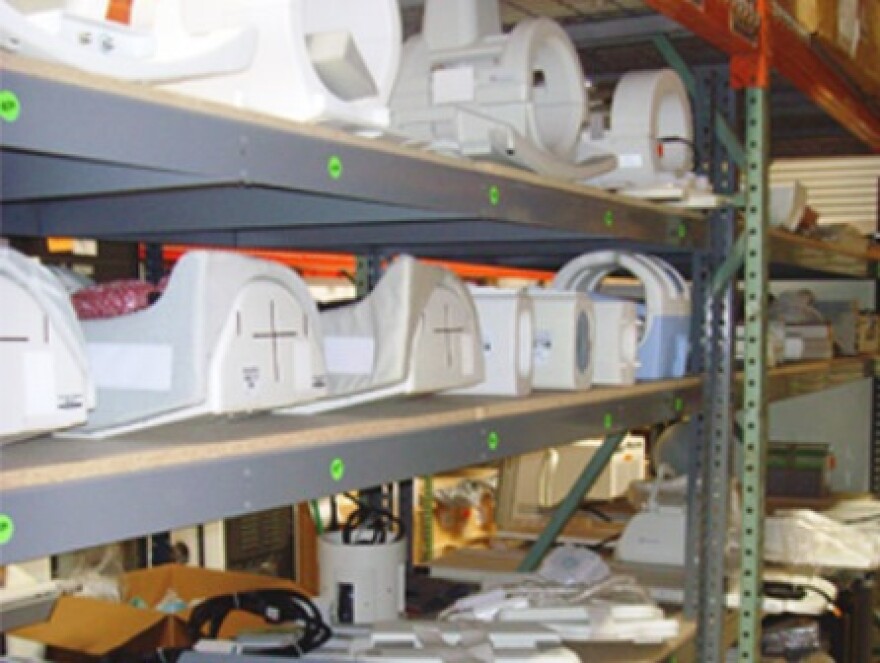Development of new a MRI device may bring a drastic reduction in false positives during breast cancer screening. A unique team of electrical engineers and radiologists from the University of Utah and Brigham Young University have made groundbreaking improvements to current Magnetic Resonance Imaging or M-R-I techniques. Engineers Rocky Hadley and Joshua Kaggie from the U, along with Neal Bangerter, who is a professor at both schools, are studying the modification of the MRI coils that attach to the patient during testing. Bangerter says the new coil uses standard nitrogen molecule images with a tandem sodium imaging coil.
“The images that we’re receiving on the sodium MRI side are about five times as good as we’ve gotten and that other groups have gotten with previous designs,” says Bangerter.

He says the study has received approval to begin studying 20 breast cancer patients so the team is moving the study forward.
“It’s exciting because we’ve achieved a big improvement in image quality that now we hope will translate into improvement in diagnosis,” Bangerter says.
He says false positives can lead to unnecessary intervention. He says radiologists Glen Morell and Dennis Parker at the U’s Center for Advanced Imaging Research will continue their study to confirm the improved accuracy of the new technique.


